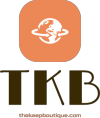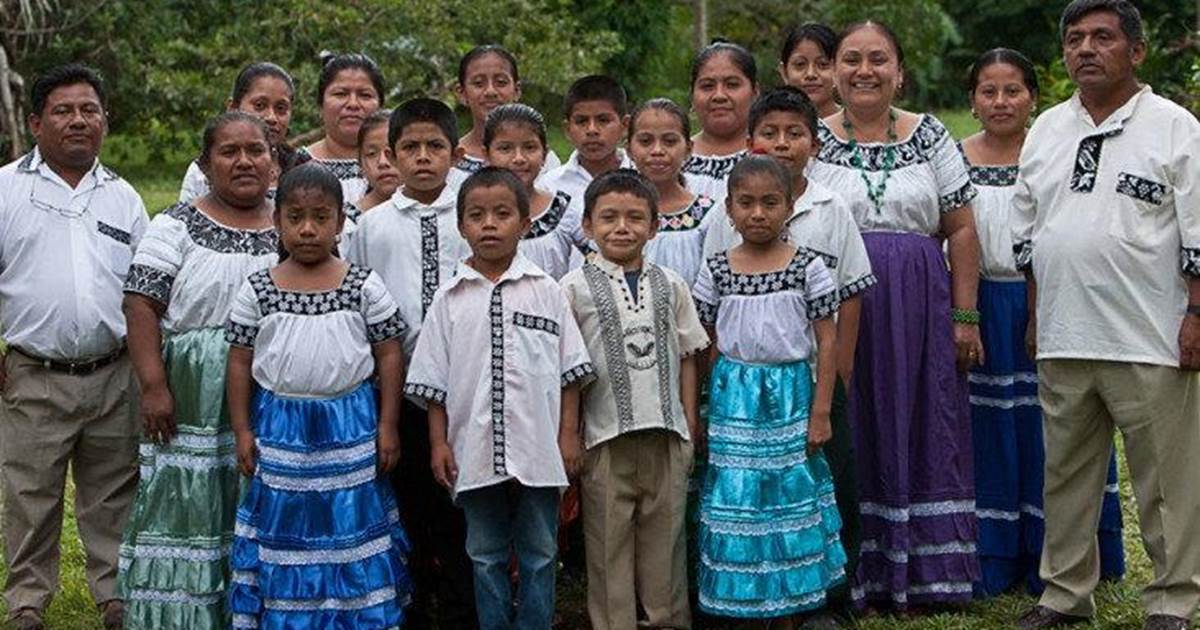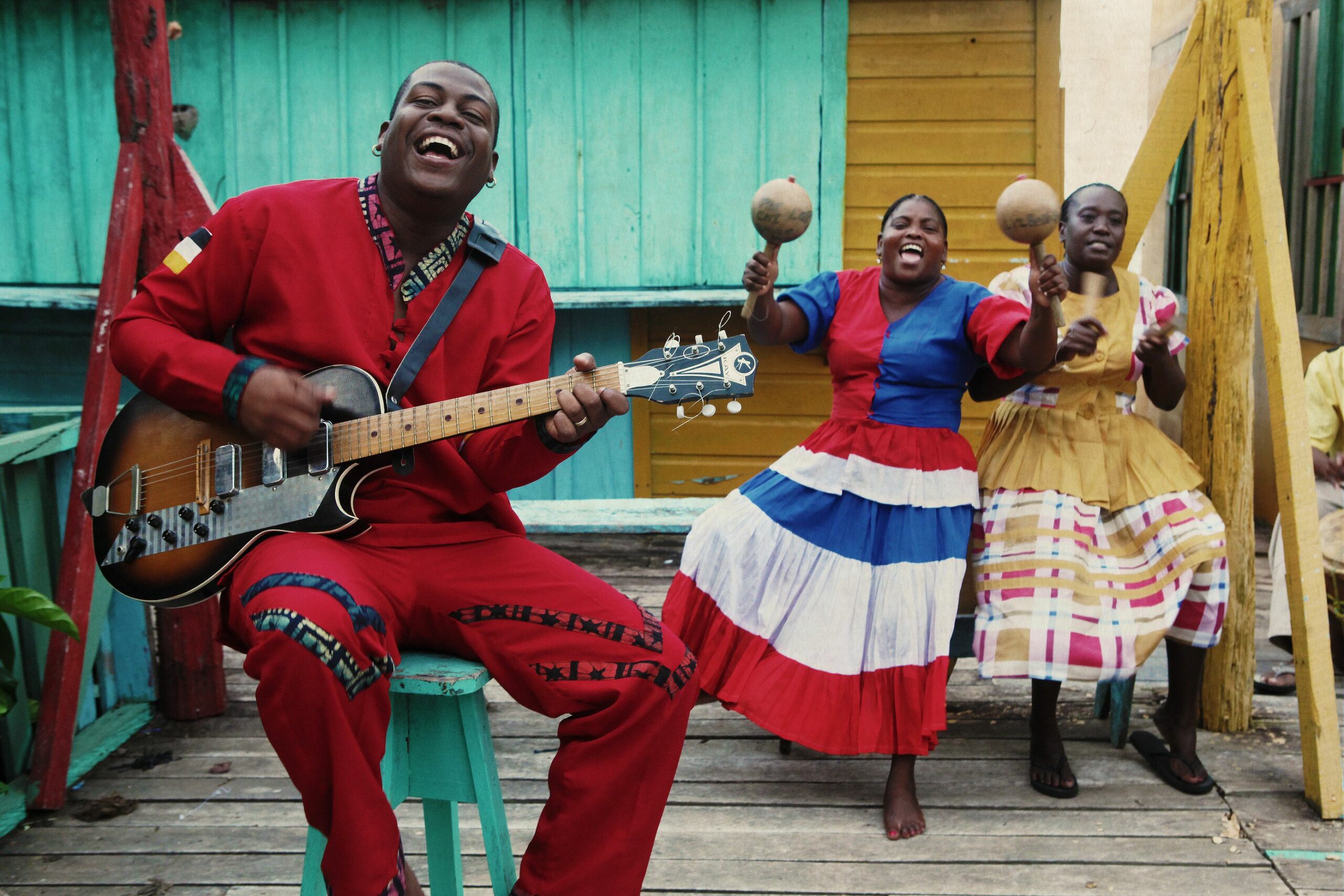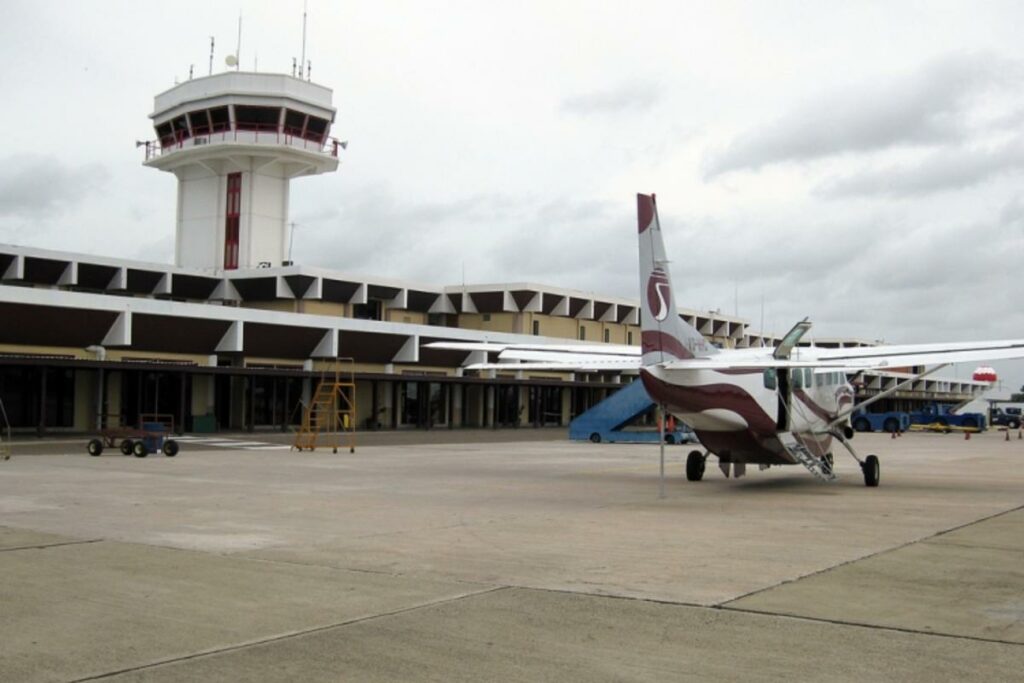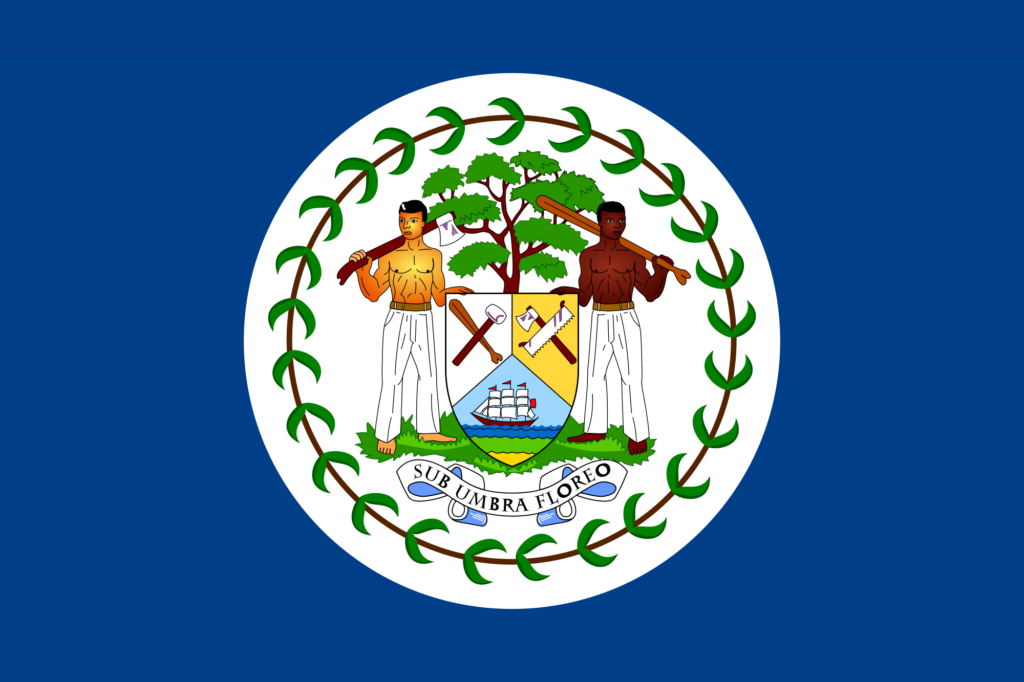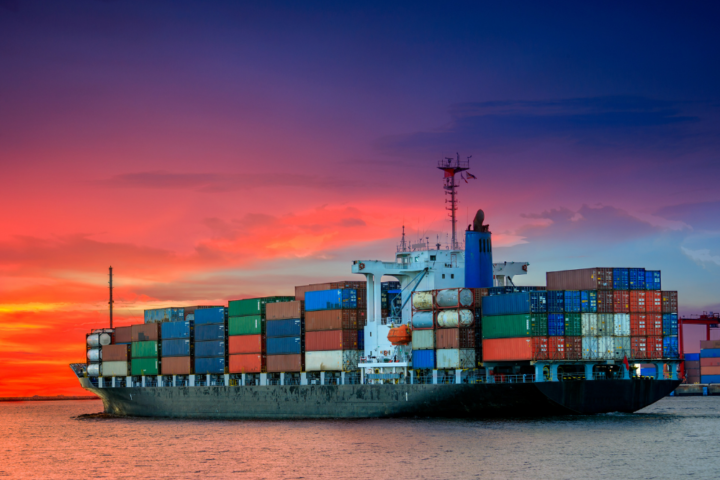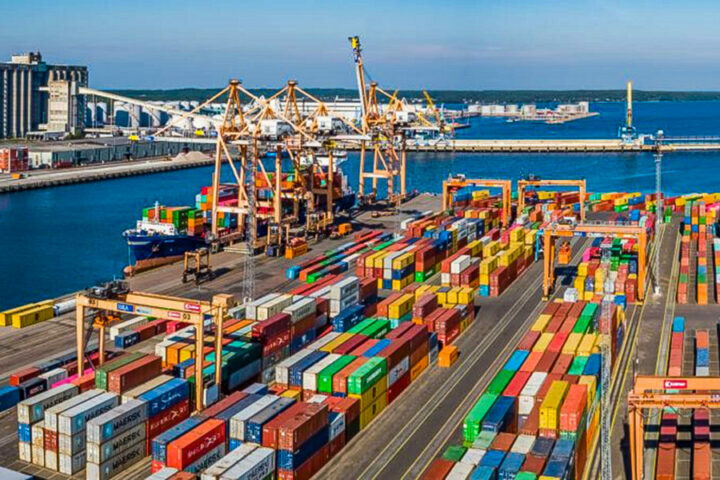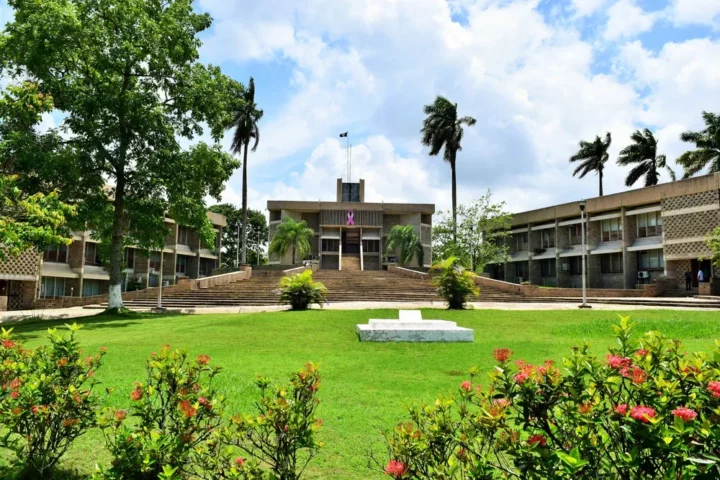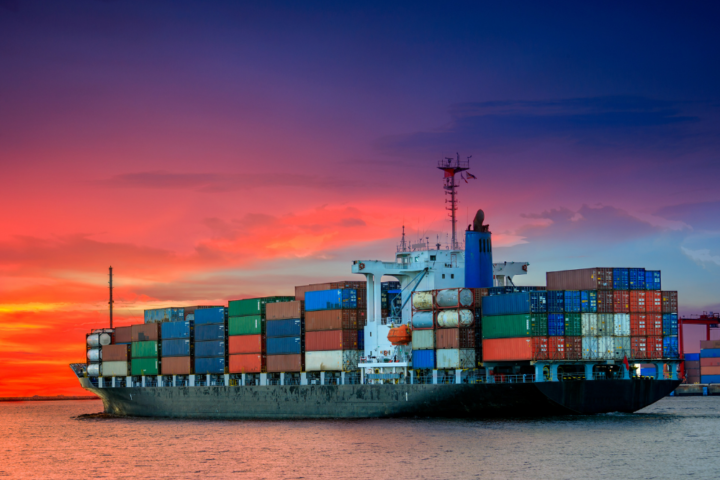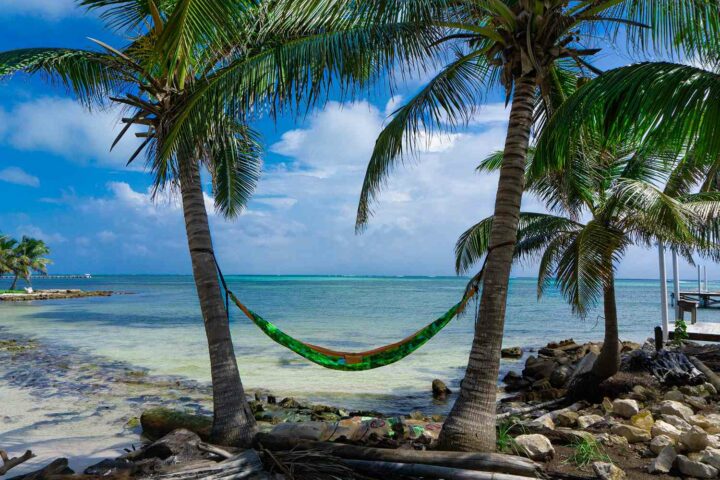Belize, the only Central American country with English as its official language, boasts a unique cultural diversity and rich historical heritage. This guide provides a detailed overview of the population of Belize, including demographic statistics, ethnic composition, and key social indicators.
Introduction to Belize
Belize is a small nation located on the eastern coast of Central America, bordered by Mexico to the north, Guatemala to the west and south, and the Caribbean Sea to the east. Despite its small size, Belize is known for its diverse culture, vibrant history, and stunning natural beauty.
Population Overview
Current Population
As of the latest estimates, Belize has a population of approximately 419,199 people . The population density is relatively low, with about 17 people per square kilometer, which contributes to its vast areas of unspoiled natural landscapes.
Population Growth
Belize has experienced steady population growth over the past few decades. The annual growth rate is approximately 1.8%, which is higher than the global average. This growth is influenced by factors such as natural increase and migration.
Urban vs. Rural Population
About 45% of Belize’s population lives in urban areas, with the largest cities being Belize City, San Ignacio, and Orange Walk. The remaining 55% reside in rural areas, where communities are often spread out and involved in agriculture or eco-tourism.
Ethnic Composition
Belize is renowned for its ethnic diversity, which includes:
- Mestizo (52.9%): People of mixed European and Indigenous descent.
- Creole (25.9%): Descendants of African slaves and British settlers.
- Maya (11.3%): Indigenous people, including groups such as the Yucatec, Mopan, and Q’eqchi’ Maya.
- Garifuna (6.1%): Descendants of African slaves and Indigenous Carib people.
- Other Ethnic Groups (3.8%): Includes East Indians, Chinese, Mennonites, and others .
Fun Fact
Belize is one of the few countries in the world where you can hear a multitude of languages in a single day, including English, Spanish, Kriol, Maya, and Garifuna.
Language and Culture
Official and Predominant Languages
English is the official language of Belize, used in government, education, and media. However, Spanish is widely spoken, especially in the northern and western parts of the country. Belizean Kriol, a creole language, is also commonly used in everyday communication.
Cultural Celebrations
Belize’s cultural diversity is reflected in its many festivals and celebrations, such as Garifuna Settlement Day, the Belize Carnival, and the Maya Deer Dance Festival.
Social Indicators
Education
Belize has a literacy rate of approximately 82% . Education is compulsory for children between the ages of 6 and 14, and the country has a mix of public and private schools.
Health
The healthcare system in Belize is a mix of public and private services. The life expectancy is around 74 years, and the country has made significant strides in improving healthcare access and outcomes.
Economy and Employment
Belize’s economy is driven by tourism, agriculture, and services. The unemployment rate stands at about 10%, with ongoing efforts to diversify the economy and create more job opportunities .
Demographic Challenges
Migration
Belize faces both emigration and immigration challenges. While many Belizeans move abroad for better opportunities, the country also attracts immigrants from neighboring countries, leading to dynamic demographic changes.
Youth Population
With a significant portion of the population under the age of 25, Belize faces the challenge of providing adequate education, employment, and social services for its young people.
Commonly Asked Questions
What is the population of Belize?
As of the latest estimates, the population of Belize is approximately 419,199 people.
What are the main ethnic groups in Belize?
The main ethnic groups in Belize include Mestizo, Creole, Maya, Garifuna, and other smaller groups such as East Indians, Chinese, and Mennonites.
What languages are spoken in Belize?
English is the official language, but Spanish, Belizean Kriol, Maya languages, and Garifuna are also widely spoken.
How has the population of Belize changed over time?
The population of Belize has grown steadily over the past few decades, with an annual growth rate of around 1.8%.
What is the literacy rate in Belize?
The literacy rate in Belize is approximately 82%.
What are the major industries in Belize?
The major industries in Belize include tourism, agriculture, and services.
Why is Belize’s population small?
Belize’s population is relatively small due to its geographic size, historical migration patterns, and lower birth rates compared to other countries in the region. Its population density is also low, contributing to its small population size.
What is Belize best known for?
Belize is best known for its stunning natural beauty, including the Belize Barrier Reef, the Blue Hole, and lush rainforests. It is also renowned for its rich cultural diversity and archaeological sites from the ancient Maya civilization.
- Turkey Flag and Meaning - July 18, 2024
- Turkey Holidays - July 17, 2024
- Armenia Major Trade Partners - July 15, 2024
